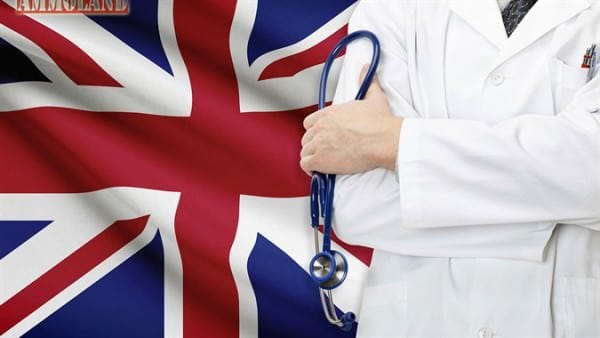by Tim Bonner, Countryside Alliance Chief Executive

 UK –-(Ammoland.com)- Mental health is the single most sensitive issue in gun ownership. A significant proportion of us will suffer from mental health problems during our adult lives and, sadly, some of the very small number of offences committed by licensed gun owners are carried out by those who have such problems.
UK –-(Ammoland.com)- Mental health is the single most sensitive issue in gun ownership. A significant proportion of us will suffer from mental health problems during our adult lives and, sadly, some of the very small number of offences committed by licensed gun owners are carried out by those who have such problems.
From Government to gun owners there is agreement that the licensing system should not permanently exclude anyone suffering from mental health problems, as that would be a huge disincentive for gun owners, especially those whose jobs rely on the use of firearms, from seeking help. On the other hand, we are also all in agreement that there needs to be an ability for doctors to raise concerns about mental health to protect gun owners themselves, and the wider public.
After years of painstaking work through the Home Office Medical Evidence Working Group (MEWG) a new system of checks and ‘medical markers’ came into force in April 2016. The GPs of applicants for gun licences, and of existing owners who are renewing, would be asked if the patient had any history of health problems that might cause concern, and then add an encoded ‘marker’ to the gun owners medical records so that any future issues could be raised with the police firearms licensing department.
The MEWG, which included representatives from the British Medical Association (BMA), agreed that GPs would respond without charge to the initial yes/ no request for information, and add the all-important ‘marker’. It was also agreed that any subsequent requests from the police for detailed information might well incur a cost to the applicant.
Subsequently, however, the BMA has reneged on the agreement reached in the MEWG and nullified much of the potential improvement in the system that we were all working towards. It has refused to back up the agreement and advise GPs to make the initial response to licensing queries and add medical markers free of charge. This has led to some applicants being asked to pay from £30 – £200. Worse, it has advised GPs to claim a ‘conscientious objection’ to gun ownership if they do not want to respond to police enquiries. We have even seen examples of GPs threatening to tell the police that applicants ‘might have’ medical problems which might exclude them from gun ownership if a fee is not paid. This is, frankly, extortion.
The safety net for gun owners that was negotiated into the system was that the failure of a GP to respond to an initial inquiry would not mean that a license would not be issued. So those applicants who refuse to pay whatever fee a GP is attempting to raise, or whose GP refuses to respond on ‘conscientious’ grounds, will still be issued with a license. The police will, however, not know whether there are underlying mental health problems and worse, the BMA is advising GPs not to add medical markers to applicants records so that future episodes of serious mental health problems will not be reported to the police.
We believe that the behaviour of the BMA is irresponsible and is putting improvements to public safety at risk, so in a meeting with a Home Office Minister this week I asked for the MEWG to be reconvened to bring the BMA back to the table. These are crucial changes to the firearms licensing system which have the backing of Government and the support of gun owners. It is desperately sad that improvements to the licensing system that could save lives are currently being compromised by the BMA.
